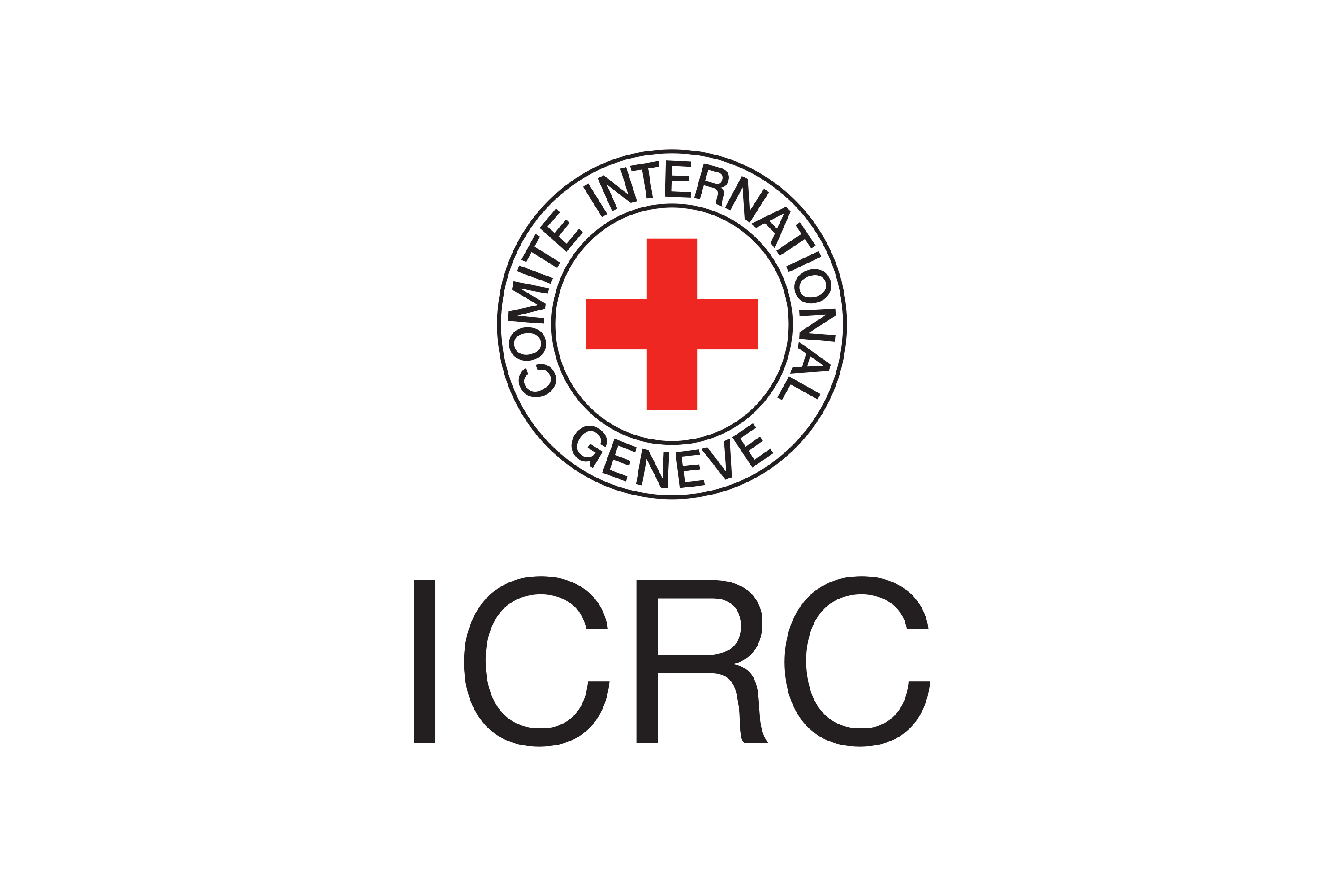BY FAIZA JIBRIN, OCTOBER 2, 2025 | 22:57PM
The International Committee of the Red Cross (ICRC) has organized a training session for journalists in Borno State, aimed at strengthening their understanding of International Humanitarian Law (IHL) and its connection to Islamic laws.
The session was designed to enhance media capacity in reporting on armed conflicts while promoting adherence to international humanitarian laws.
The Thursday briefing outlined the core principles of IHL, including distinction, proportionality, and precaution.
Journalists were reminded that armed actors must differentiate between civilians and combatants, avoid excessive harm to civilian lives or property, and take constant care to minimize the impact of military operations on non-combatants and the environment.
A key focus of the discussion was the relationship between IHL and Islamic laws, particularly under the concept of "Restraint in War."
The ICRC emphasized that linking global humanitarian norms with local cultural and religious values provides a stronger foundation for compliance, especially in contexts like northeast Nigeria.
The protection of civilians and vulnerable groups was highlighted as a shared principle between IHL and Islamic teachings.
Those singled out for special protection include women, children, the elderly, clergy, and people with disabilities or special conditions, such as farmers and traders.
Participants also discussed prohibitions against indiscriminate weapons, destruction of property, mutilation, and disrespect for human dignity, including the treatment of prisoners of war.
The ICRC noted that humanitarian needs are at unprecedented levels, with over 450 Non-State Armed Groups (NSAGs) of humanitarian concern globally, and 130 recognized as parties to conflicts.
Africa alone accounts for nearly half of these groups, with about 210 million people living in areas under their full or contested control.
The ICRC's 2024-2027 strategy, "Building Bridges for IHL," aims to make international humanitarian law a global political priority by fostering dialogue with diverse stakeholders, listening to local perspectives, and promoting the integration of cultural and religious norms, such as Islamic law, into efforts to ensure greater respect for humanitarian rules in conflict.

